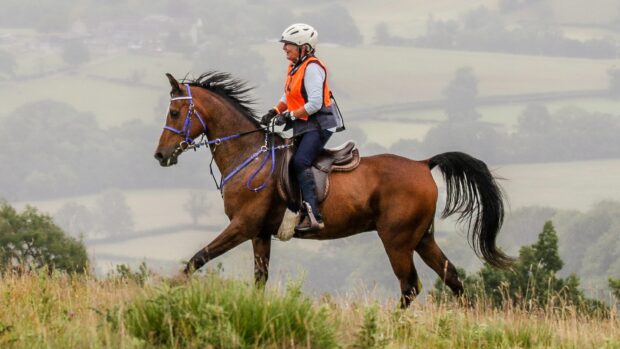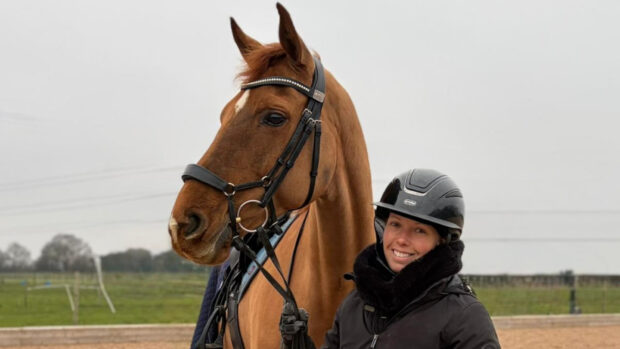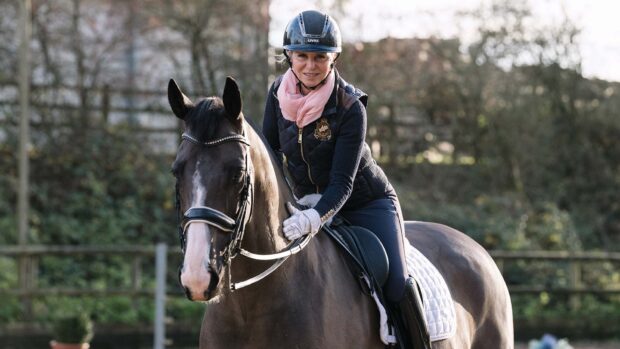Ten ponies were banned from competing in Denmark at two shows — and comments were made about 13 more — owing to injuries in their mouths.
The Danish equestrian federation (DRF) had warned competitors in the pony ECCO Cup qualifier that tack checks would be carried out at two events, two weekends running at Sundeved Rideklub.
Ponies were checked on their way into the warm-up area, by DRF veterinary consultant Mette Uldahl, and any with broken skin were not allowed to compete.
At the first event, on 21 March, four ponies showed “wounds in the oral cavity” and were not allowed to compete, while six “received a remark”.
DRF club and sports manager Anne Silfwander said: “We are naturally sorry to see that four of the horses were not fit to compete due to wounds in the oral cavity, and that another six horses received remarks.
“Optimally, we should like to get to the point where you, as parents, riders and trainers, think preventively and make sure to check the horse regularly, so that you do not show up at the venue with a horse that is not fit to compete. Fortunately, many people have already embraced this way of thinking, but there is still room for improvement. ”
On 28 March, six ponies were denied for the same reason and seven crews spoken to. Reasons for the remarks included redness and “wear marks” in some of the ponies who were allowed to compete.
Ms Silfwander said: “It is by no means optimal that we see more ponies that are not fit to compete due to wounds in the oral cavity, and that there are also more who receive remarks.
“Although the picture basically looks nicer in pony dressage than in previous years, we are not finished yet, and that is why it is so important that both parents, riders and trainers think preventively and make sure to check the ponies regularly. It is a good habit we must have established, and it takes time.”
DRF said there was overall support from the tack checks, from riders, parents and trainers, which Ms Silfwander said was a good sign.
“We know that equipment control can make people nervous regardless of the outcome, so we are really happy to see that the general reception is good and that people are basically understanding and cooperative,” she said.
You might also be interested in:

Research finds over half horses studied had mouth lesions after cross-country
The research queried whether “sex-based stereotypes” may be behind the increased number of lesions seen in mares

Tight nosebands outlawed by national federation
The new rule is to be introduced from 1 January 2018 following research linking tight nosebands to mouth lesions

Subscribe to Horse & Hound magazine today – and enjoy unlimited website access all year round
Horse & Hound magazine, out every Thursday, is packed with all the latest news and reports, as well as interviews, specials, nostalgia, vet and training advice. Find how you can enjoy the magazine delivered to your door every week, plus options to upgrade your subscription to access our online service that brings you breaking news and reports as well as other benefits.




